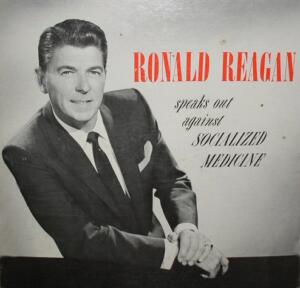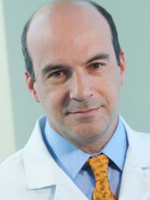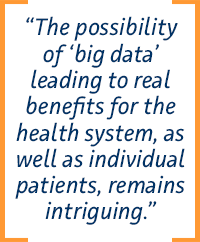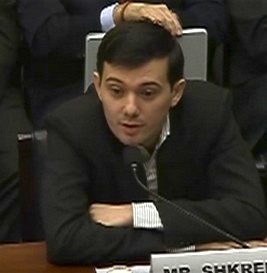An Englishman in New York
November 29, 2016
Part I: A letter from America.
“A cynic knows the price of everything but the value of nothing.”
Oscar Wilde, Lady Windermere’s Fan



But where to go in the US and what to focus on? After a close call with the commonwealth fund’s Harkness fellowship scheme (I suspect for both them and myself – I was shortlisted but not selected) I began a conversation with Dr Peter Bach from Memorial Sloan Kettering Cancer Center. Peter had recently developed his DrugAbacus tool to start a discussion about runaway drug prices for oncology products. It seemed to me that if any part of the US health system was going to crack under the strain of health care costs, it was the going to be oncology related. Indeed, the American Society for Clinical Oncology (ASCO) had also just released another framework for looking at value. But this sudden focus on value: isn’t that precisely what we have been trying to do in Europe for the last twenty or so years? Yet it was clear the cost-per-QALY framework was not a contender – so what are these value frameworks about and do they have any credibility in terms of traditional economic thinking? So a focus for the sabbatical was born and with Peter and MSKCC playing host, I was all set.
Arriving in New York in December of 2015, Peter immediately bundled me off to a two-day ‘Health Care Summit’ organized by the Forbes media group, where he had just five-minutes in a packed program to talk about drug prices in oncology. This was a fascinating induction into the US system. It quickly became clear that unlike the academic conferences I was used to – this was a health care business conference, with CEOs from all kinds of health related activity both on the stage and in the audience.
Most newsworthy were the two key interviews live on stage with Martin Shkreli of Turing Pharmaceuticals and Elizabeth Holmes of Theranos. When asked if he had any regrets about his strategy on raising the price of Daraprim, Shkreli replied “Yes, not raising the price even higher”, which was accompanied by a collective sharp intake of disgusted breath from the audience. This was a baptism of fire into the realities of a US system where excessive profits are seen as legitimate, but profit gouging is not (though most would favour self regulation rather than any federal intervention). Before the end of the year Shkreli had been arrested – though for an alleged Ponzi scheme related to his previous hedge fund business – not for his pharmaceutical business (from which he has now resigned as CEO). Less dramatic perhaps, but no less important, was Elizabeth’s defence of the new finger prick drug tests offered by her company. Having raised an astonishing $700M in capital for the idea against a reputed $9B valuation – Theranos was running into trouble with the FDA over whether results against competitors blood tests had been properly validated. Six months later and it has become clear that there is a fundamental problem with Theranos’s ‘disruptive technology’ and Holmes has now been barred from owning a diagnostic company by CMS for the next two years.


Written by Andrew Briggs, DPhil, MSc. Visiting Investigator, Center for Health Policy and Outcomes, Department of Epidemiology & Biostatistics, Memorial Sloan Kettering Cancer Center, New York, NY,
Chair in Health Economics (Health Economics and Health Technology Assessment), University of Glasgow








